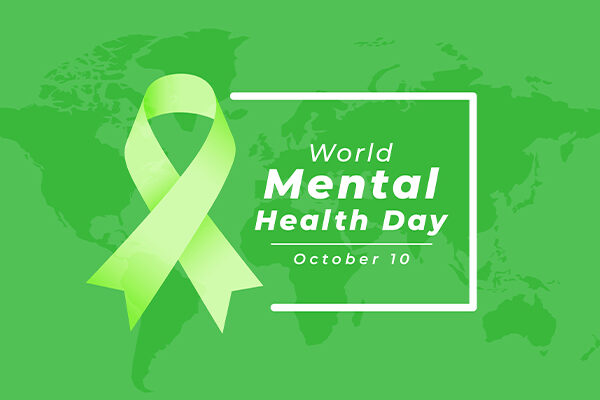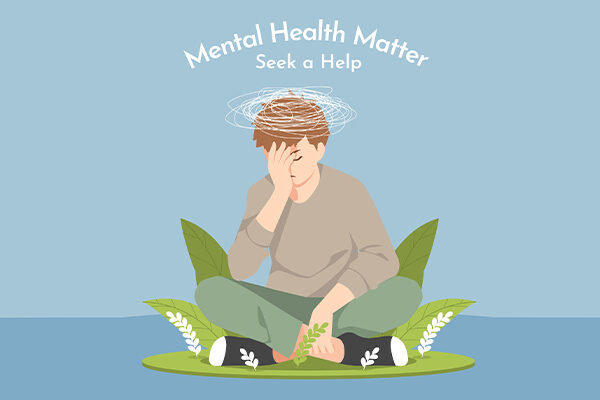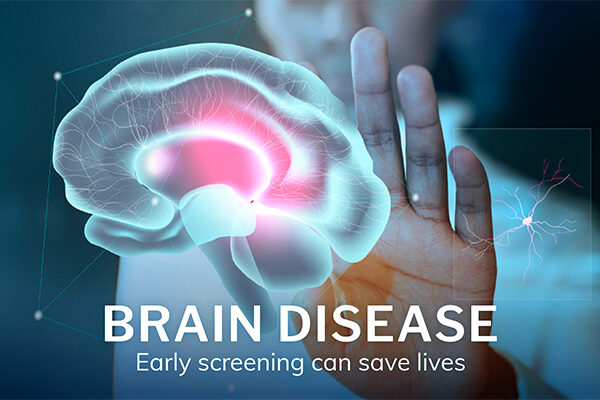Last Updated on July 25, 2024
Living with interstitial cystitis (IC) can be challenging, especially when it comes to managing diet. The interstitial cystitis diet plays a crucial role in easing symptoms and improving quality of life for those affected by this chronic condition. This comprehensive guide will answer your burning questions about the IC diet, providing you with the information you need to make better dietary choices.
What is Interstitial Cystitis?
Interstitial cystitis, often abbreviated as IC, is a chronic condition that affects the bladder. It involves recurring pain or discomfort in the pelvic region and bladder. Symptoms can vary from person to person but commonly include urinary urgency, frequency, and pressure. Managing IC involves various approaches, with diet playing a significant role in symptom management.
What is Interstitial Cystitis Diet?
The IC diet, or interstitial cystitis diet, is a dietary approach that helps manage the symptoms of interstitial cystitis. The primary goal of the IC diet is to identify and eliminate foods and beverages that trigger bladder discomfort. By doing so, individuals can experience significant relief from their symptoms.
Key Components of the IC Diet
- Bladder-Friendly Foods: These are foods that are less likely to irritate the bladder and include most vegetables, certain fruits, lean proteins, and whole grains.
- Trigger Foods: Foods and beverages that can exacerbate IC symptoms, which need to be avoided or limited.
- Hydration: Staying well-hydrated is crucial, but it is essential to choose bladder-friendly fluids.
Why is Diet Important for Interstitial Cystitis?
Diet plays a vital role in managing interstitial cystitis because certain foods and beverages can irritate the bladder lining, leading to increased pain and discomfort. By following the IC diet, individuals can significantly reduce their symptoms and improve their overall quality of life.
What Foods to Avoid Interstitial Cystitis?
Knowing which foods to avoid is a cornerstone of the interstitial cystitis diet. Here are some common trigger foods to avoid with interstitial cystitis:
- Citrus Fruits: Oranges, lemons, limes, and grapefruits are highly acidic and can irritate the bladder.
- Tomatoes: Both fresh and processed tomatoes, including sauces and ketchup, are known to be problematic for many with IC.
- Spicy Foods: Hot peppers, curry, and other spicy dishes can cause bladder irritation.
- Caffeinated Beverages: Coffee, tea, and some sodas contain caffeine, which is a known bladder irritant.
- Alcohol: All forms of alcohol can worsen IC symptoms.
- Artificial Sweeteners: Sweeteners like aspartame can trigger bladder pain.
- Carbonated Drinks: Sodas and sparkling water can increase bladder discomfort.
- Chocolate: Contains caffeine and other bladder irritants.
What is the Best Diet for Interstitial Cystitis?
The best diet for interstitial cystitis is one that is personalized to your specific triggers and needs. Here are some general guidelines for creating an effective interstitial cystitis diet:
Bladder-Friendly Foods
- Vegetables: Most vegetables are safe, but it is best to avoid those that are highly acidic or spicy.
- Fruits: Non-citrus fruits like blueberries, pears, and watermelon are generally well-tolerated.
- Lean Proteins: Chicken, turkey, and fish are excellent protein sources that are less likely to irritate the bladder.
- Whole Grains: Brown rice, oats, and quinoa are good carbohydrate choices.
- Dairy Products: Some people with IC can tolerate milk and cheese, but it is important to monitor your body’s response.
Hydration Tips
- Water: Staying hydrated by drinking plenty of water is crucial, so aim to consume at least eight glasses daily.
- Herbal Teas: Herbal teas that are caffeine-free can be hydrating and soothing.
- Avoid Trigger Beverages: Stay away from caffeinated, carbonated, and alcoholic drinks.
Meal Planning Tips
- Keep a Food Diary: Track what you eat and how your body responds. This will help identify specific triggers.
- Introduce New Foods Slowly: When trying new foods, add them one at a time to monitor for any adverse reactions.
- Balance Your Diet: Ensure you are getting a balanced intake of nutrients from various food groups.
FAQs about Diet for Interstitial Cystitis
Are there any supplements that can help with interstitial cystitis?
Some supplements, like calcium glycerophosphate, can help neutralize acidic foods. However, it is crucial to seek advice from your healthcare provider before starting any new supplement.
Does the interstitial cystitis diet the same for everyone?
No, the interstitial cystitis diet is highly individualized. What is effective for one person may not be effective for another. Therefore, it is essential to find a diet that suits your specific triggers and needs.
Can stress affect my interstitial cystitis symptoms?
Yes, stress can exacerbate IC symptoms. Along with following the diet for interstitial cystitis, stress management techniques like yoga, meditation, and deep breathing exercises can be beneficial.
How can I make sure I'm getting enough nutrients on the interstitial cystitis diet?
Focus on a variety of bladder-friendly foods to ensure a well-rounded diet. If you have concerns about nutrient deficiencies, consult with a dietitian who can help create a balanced meal plan.
Can exercise help with interstitial cystitis?
Exercise can be beneficial for overall health and stress reduction, which may indirectly help with IC symptoms. However, it is important to choose low-impact activities and listen to your body.
What should I do if I accidentally consume trigger food?
If you accidentally consume trigger food, drink plenty of water to help flush your system. Taking a bladder-friendly supplement may also help neutralize the acid. Monitor your symptoms and avoid the trigger food in the future.
Can medications affect my interstitial cystitis diet?
Certain medications can impact your bladder health. Always inform your healthcare provider about your IC and discuss any new medications that might affect your symptoms.
Takeaway
The interstitial cystitis diet is a powerful tool for managing the symptoms of this chronic condition. By identifying and avoiding trigger foods, and focusing on bladder-friendly options, you can significantly reduce discomfort and improve your quality of life. Remember, the key to success with the interstitial cystitis diet is personalization and consistency. By following the guidelines provided and consulting with healthcare professionals, you can find a diet that works best for you, leading to a healthier and more comfortable life.




